Hope on the horizon for young illegal immigrants
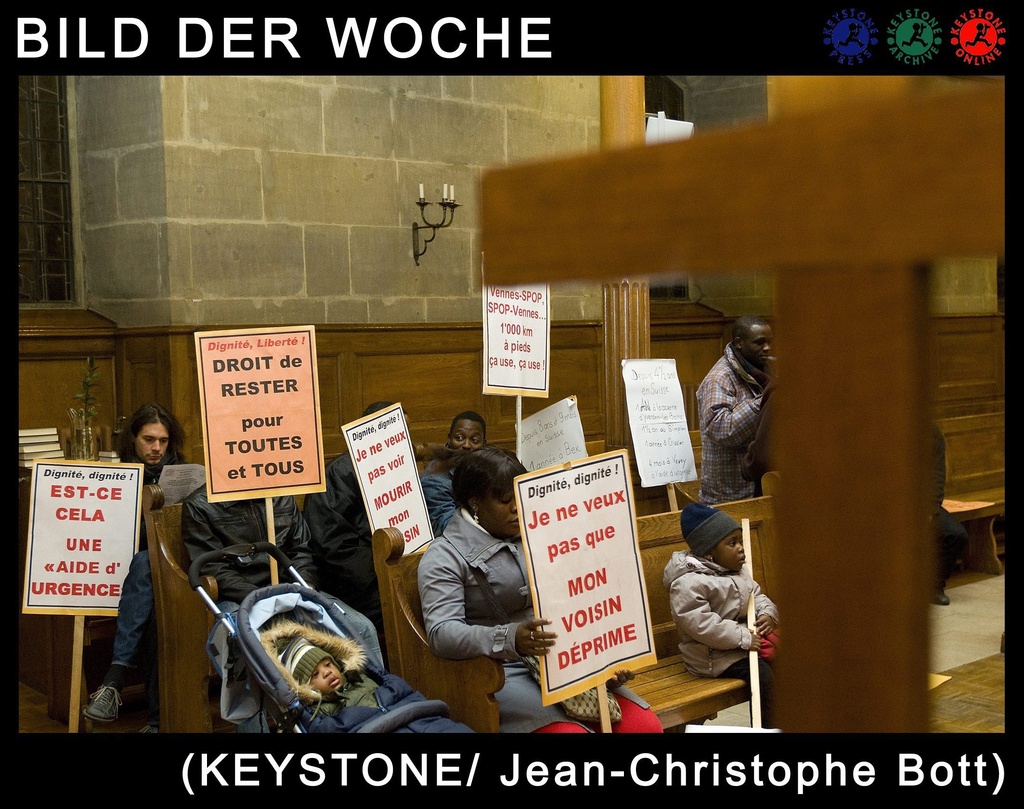
The children of illegal immigrants, or “sans papiers”, who have grown up in Switzerland received unexpected support in parliament on Wednesday.
Members in the House of Representatives voted in favour of a motion to allow such children who have been through the Swiss school system to take up an apprenticeship after they leave school.
The votes took place during a wide-ranging debate on migration, asylum and the free movement of peoples. At present children of sans papiers are allowed to attend school until the minimum school leaving age, but are then left with no further prospects.
“These young people will cost a lot more in the street than following an apprenticeship,” Luc Barthassat of the centre right Christian Democrat party, who proposed the motion, told the house.
But not everyone agrees that this is the best way to tackle the problem, since once they have completed their training they will still not be allowed to take up employment. The House turned down a motion that would give papers to the children of illegal immigrants who had had all their schooling in Switzerland.
Lausanne leads the way
The vote on apprenticeships is of particular relevance for the French-speaking canton of Vaud and the cantonal capital, Lausanne.
In mid-February the city council triggered heated debate with its proposal to take on young “sans papiers” as apprentices in the city administration as of 2011.
Despite strong objections both inside and outside parliament, the Vaud cantonal parliament adopted a motion asking the canton to push for the same measure at federal level.
Lausanne’s mayor, Daniel Brélaz, welcomed Wednesday’s vote, describing it to the Swiss News Agency as “a good step in the right direction”. He hoped the Senate would follow suit, pointing out that all large towns faced the same problem. At the same time, he stressed that Lausanne is looking for solutions that fit in with current legislation.
But canton Vaud’s interior minister, Philippe Leuba, is against Lausanne’s proposed measure.
“There is no point in holding out the prospect of integration in the job market, when no state in the world opens this market to them,” he told the Swiss News Agency.
The cantonal government agrees that there is a problem, but favours regularising the situation of the illegal immigrants, he explained.
In all, some eleven cantons are currently examining the issue of young “sans papiers” apprenticeships. On Wednesday Geneva City councilor Sandrine Salerno, in charge of employment and housing, said the city was ready to offer apprenticeship places.
Wide divergences
The wide-ranging debate illustrated once again the wide gaps between the political parties over the issues connected with immigration.
Speakers from the right-wing Swiss People’s Party, the largest in parliament, spoke of the problems caused by immigrants. The party’s Hans Fehr said that immigration resulted in lower salaries, unemployment and recession.
Another member of the same party, André Reymond, said theft, rape and fights instigated by some young immigrants had become commonplace.
Speakers on the left rejected such “slogans”. Andy Tschumperlin of the Social Democrats said the way to solve the problem of foreign was integration, not rejection.
Several members of the Social Democrat and the centre-right Radical parties came out in favour of introducing a new framework law on the integration of foreigners.
Motions adopted
The House of Representatives approved about 30 motions out of the 136 before it.
Among those accepted was a motion to introduce biometric chips on foreigners’ permits – including a picture of their face and two fingerprints. The House also agreed that the data could be stored in a central data base.
Justice Minister Eveline Widmer-Schlumpf spoke to the session in favour of registration. “It is illogical to register the biometric data of Swiss passport holders, and not to do the same for foreigners,” she said.
Gerhard Pfister, of the centre-right Radical Party, agreed with her. “We cannot say we want to combat abuses and then refuse the immigration authorities a simple instrument to fight them,” he maintained.
However, the Social Democrat Bea Heim pointed out that the permits issued to foreigners were not like passports, in that their sole purpose was to show the holder’s legal status in Switzerland. She said data bases were very sensitive and could be abused.
Another motion which was accepted called for a change in the law to make it easier for foreigners who have studied at Swiss universities to take up employment in Switzerland in jobs of scientific or economic importance.
A motion submitted by the People’s Party calling for citizenship to be made conditional on knowledge of one of Switzerland’s national languages was passed, as was another demanding better monitoring of imams working in the country.
The House of Representatives is the larger of Switzerland’s two chambers of parliament. Members of the Senate were not involved in the votes. Both chambers have to agree on legislation before it can become law.
swissinfo.ch and agencies (with input from Armando Mombelli)
A series of motions were passed on March 3, including:
Youth without legal status to be allowed to do an apprenticeship.
Residency permits only for immigrants with sufficient knowledge of an official language.
Requirements for naturalisation: good knowledge of an official language and well integrated.
Equal opportunities for young foreign residents applying for apprenticeships.
Health insurance and access to health system for illegal residents.
Extension of length of time asylum seekers can be kept in holding centres upon arrival in the country.
The majority of asylum seekers arriving in Switzerland neither qualify for refugee status nor residence permits.
In September 2006 two-thirds of voters backed new laws on immigration and asylum, which the government said were necessary to make Switzerland less attractive and to curb abuses.
As a result asylum seekers who cannot produce identity papers within 48 hours without a credible reason have been automatically excluded.
Rejected asylum seekers are barred from regular welfare benefits and qualify only for food and shelter.
Rejected asylum seekers who refuse to leave the country face detention of up to two years.
Switzerland received fewer asylum applications in 2009 than in the previous year: a total of 16,005 applications were submitted, 3.6 per cent down on 2008.
In Switzerland an unaccompanied minor is defined as a child who has been separated from both parents and is not being cared for by an adult who, by law or custom, should be responsible for it.
In Switzerland, the only legal possibility of staying for unaccompanied foreign minors is asylum.

In compliance with the JTI standards
More: SWI swissinfo.ch certified by the Journalism Trust Initiative

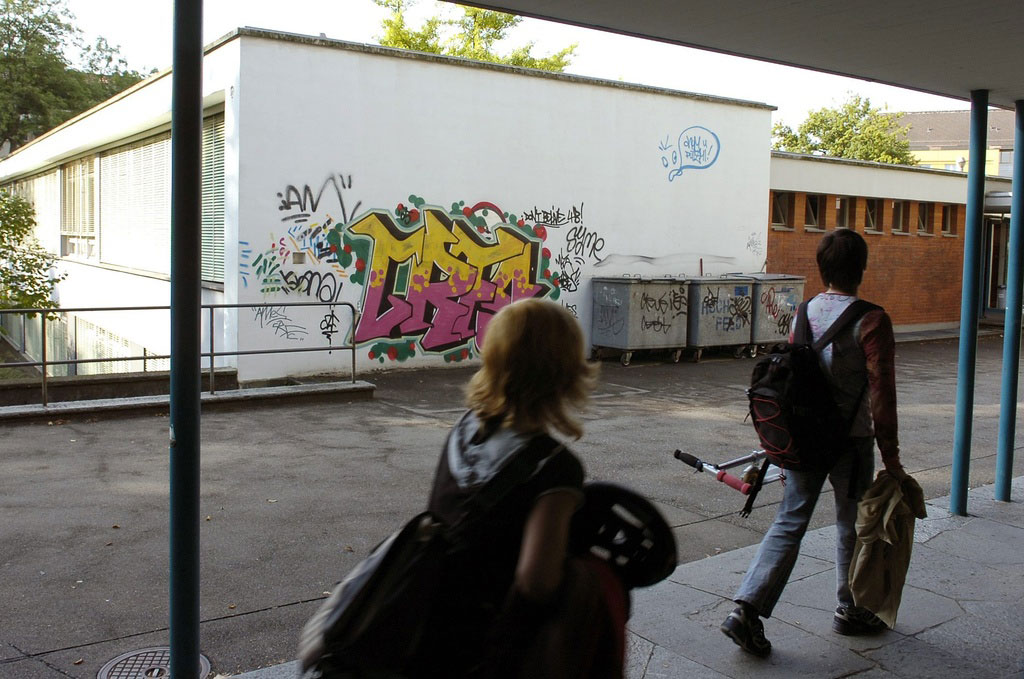
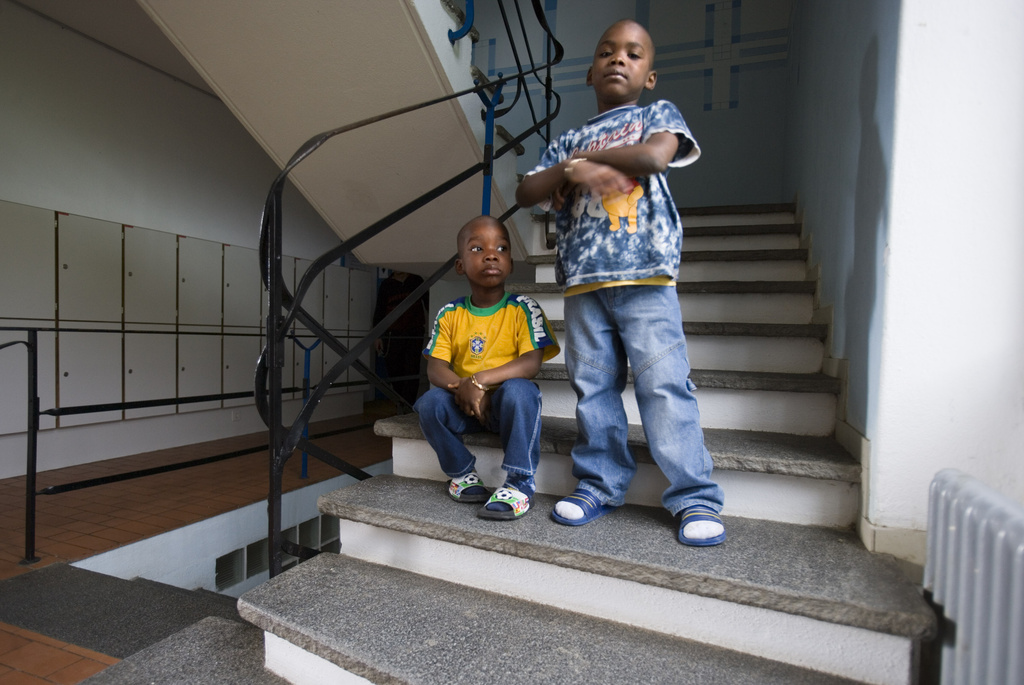
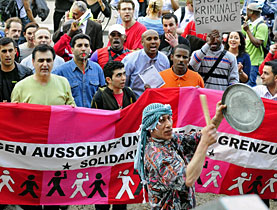
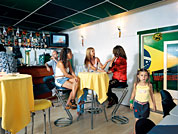
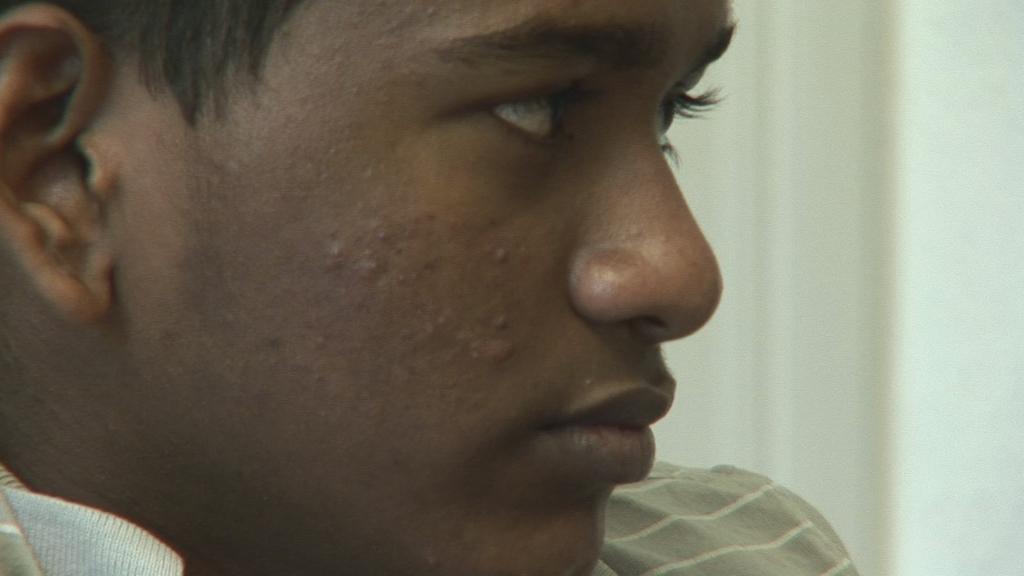
You can find an overview of ongoing debates with our journalists here. Please join us!
If you want to start a conversation about a topic raised in this article or want to report factual errors, email us at english@swissinfo.ch.